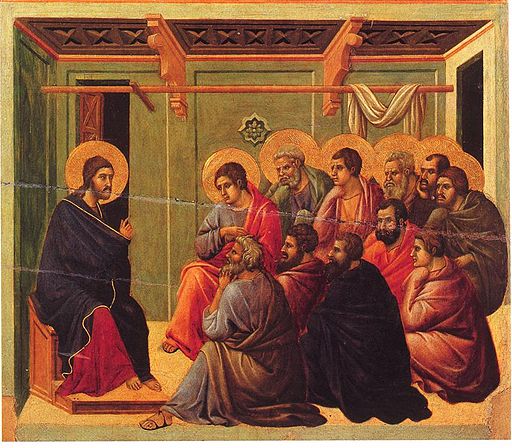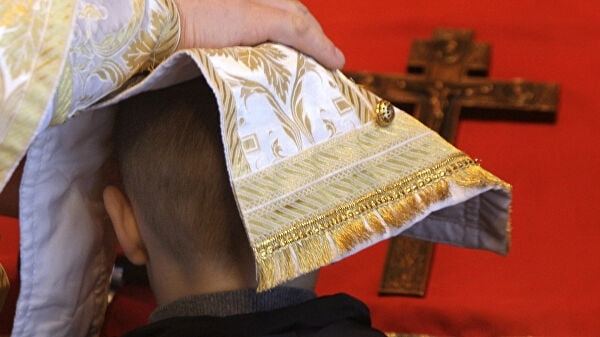Confession in the Bible – Why Do We Confess to a Priest?
A common question among Christians is: If we can pray directly to God, why do we need to confess our sins to a priest? Some cite passages like Matthew 23:9—“And call no man your father on earth, for you have one Father, who is in heaven”—to suggest that no human should stand between us and God. However, the Bible itself gives strong evidence that Jesus intended for his apostles and their successors to have the authority to forgive sins on his behalf.
Christ Gave His Apostles the Authority to Forgive Sins

One of the clearest examples of this is found in John 20:21-23, after Jesus’ resurrection:
“Jesus said to them again, ‘Peace be with you. As the Father has sent me, even so I am sending you.’ And when he had said this, he breathed on them and said to them, ‘Receive the Holy Spirit. If you forgive the sins of any, they are forgiven them; if you withhold forgiveness from any, it is withheld.’”
Here, Jesus explicitly grants His apostles the power to forgive or retain sins. This is not a general command to all believers but a direct commission to his chosen disciples, who would later become the leaders of the Church. If confession were meant to be only between the individual and God, why would Jesus give this power to his apostles?
The Practice of Confessing to the Church in Early Christianity
 The early Church understood confession as something to be done before a person of spiritual authority, not just privately. James 5:16 reinforces this:
The early Church understood confession as something to be done before a person of spiritual authority, not just privately. James 5:16 reinforces this:
“Therefore, confess your sins to one another and pray for one another, that you may be healed.”
While this passage encourages mutual accountability among believers, it also aligns with the Church’s practice of confessing sins within the Christian community, particularly to those in spiritual authority.
Additionally, in 2 Corinthians 5:18-20, Paul speaks of the apostolic ministry of reconciliation:
“All this is from God, who through Christ reconciled us to himself and gave us the ministry of reconciliation… We implore you on behalf of Christ, be reconciled to God.”
Paul describes this ministry as an active role entrusted to the Church’s leaders, not just a private act between individuals and God.
The Role of the Priest as a Mediator of God’s Mercy
 Confession is made before a priest, who is a witness of the sinner’s repentance and a mediator of God’s forgiveness. This is why the priest says in the prayer of absolution:
Confession is made before a priest, who is a witness of the sinner’s repentance and a mediator of God’s forgiveness. This is why the priest says in the prayer of absolution:
“May our Lord and God, Jesus Christ, by the grace and compassion of His love for humankind, forgive you, my child, all your transgressions. And I, an unworthy priest, through His power given to me, do forgive and absolve you from all your sins, in the name of the Father, and of the Son, and of the Holy Spirit. Amen.”
This reflects Christ’s words in Matthew 16:19 when he tells Peter:
“I will give you the keys of the kingdom of heaven, and whatever you bind on earth shall be bound in heaven, and whatever you loose on earth shall be loosed in heaven.”
This authority was later extended to all the apostles in Matthew 18:18, showing that Christ established a clear, continuous practice for the Church to carry out reconciliation.
Why Confessing to a Priest Helps Us Spiritually
Beyond the biblical foundation, the Mystery of Repentance also serves a vital role in our spiritual growth:
- It provides accountability – We often minimize our sins when we confess only in our minds. Saying them out loud before a priest forces us to confront them honestly.
- It offers spiritual guidance – The priest, acting as a spiritual father, can give us counsel and encouragement to grow in holiness.
- It brings us tangible reassurance – Hearing the words of absolution reminds us that God’s mercy is real and complete.
Confession is a gift, not a burden. It allows us to experience God’s forgiveness in a personal and sacramental way, just as Christ intended.


